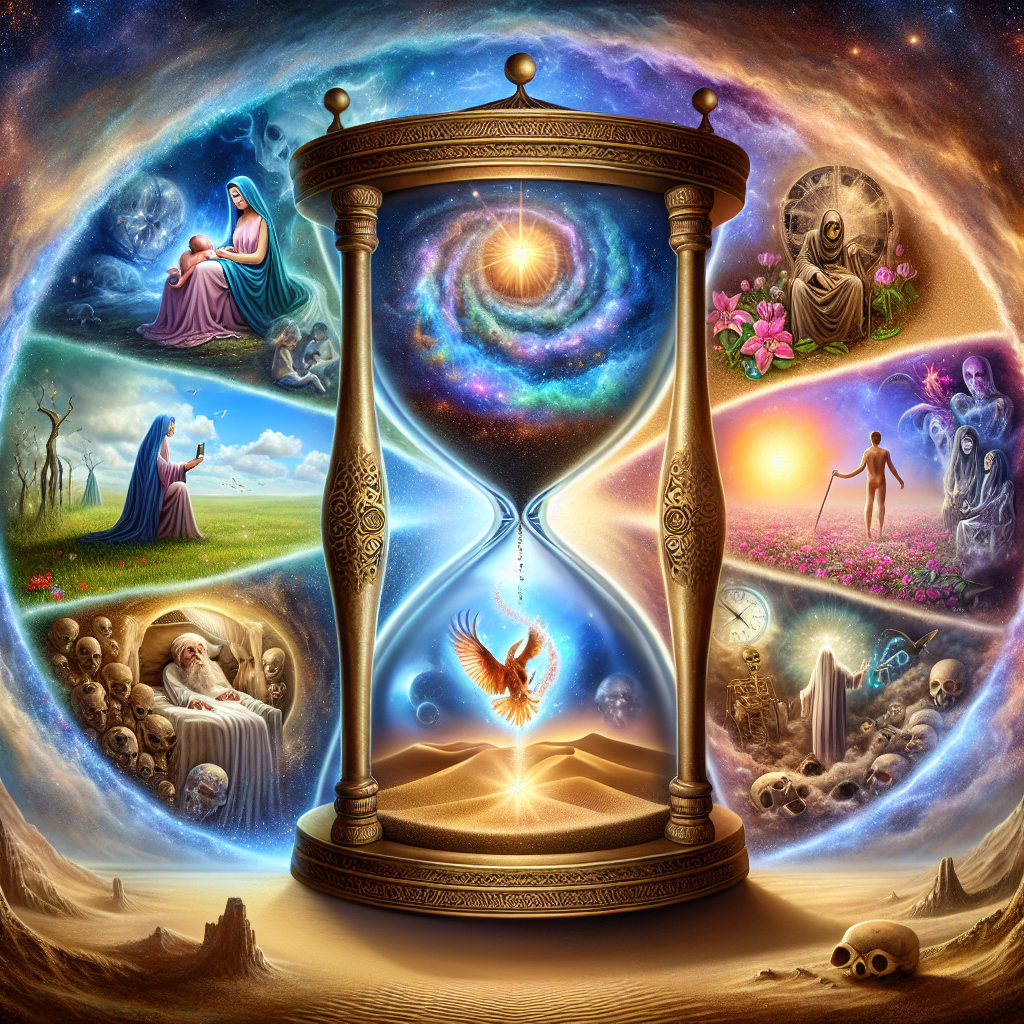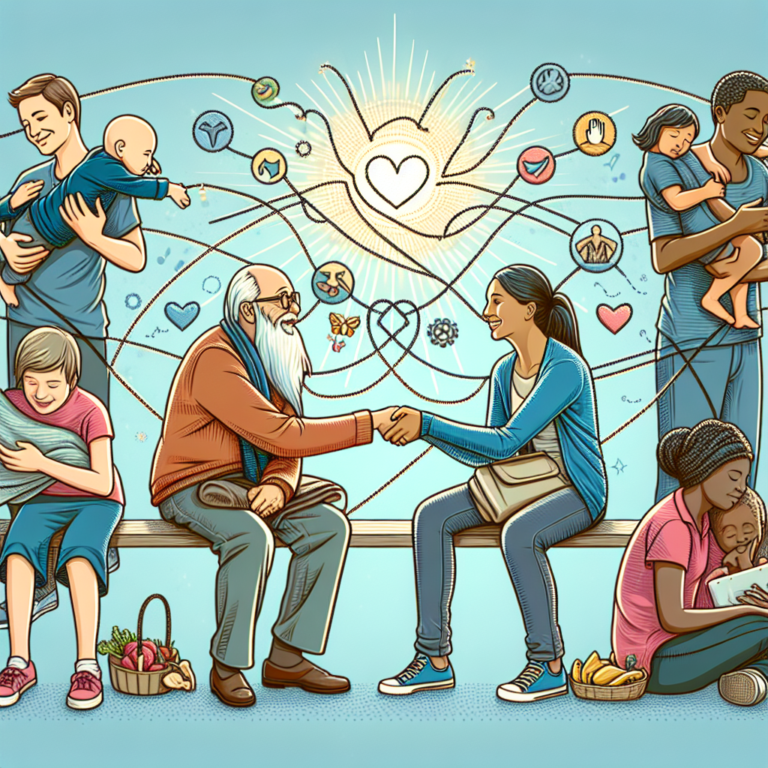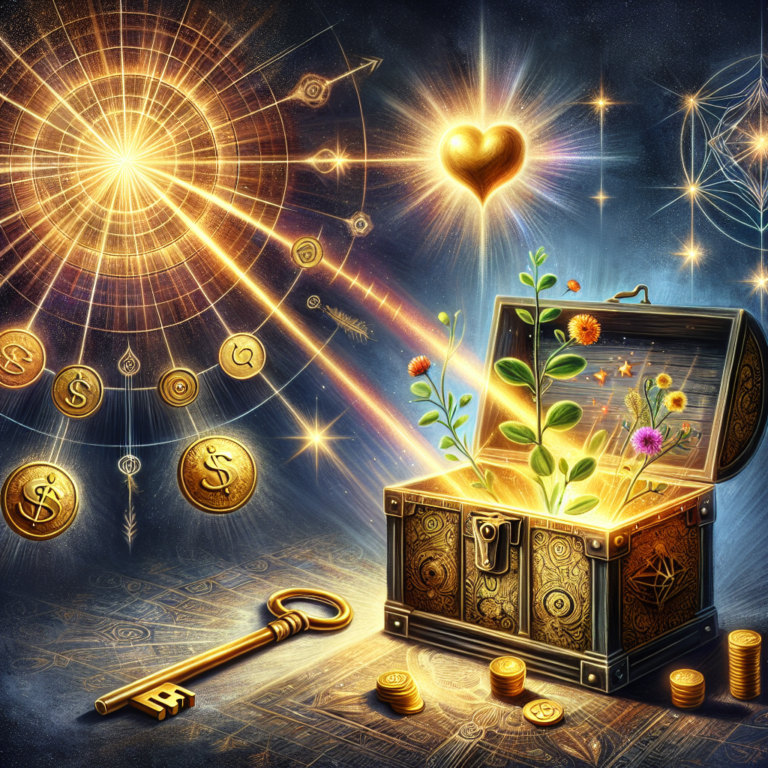Introduction
Reincarnation, the belief that the soul or spirit of a person begins a new life in a different body after biological death, has captivated human imagination for millennia. Different cultures and religions across the globe embrace the idea, each interpreting it through their unique perspectives and teachings. This article aims to delve into the fascinating world of reincarnation, exploring its historical origins, cultural significance, philosophical implications, and contemporary perspectives.
The Origins of Reincarnation
Ancient Civilizations
The concept of reincarnation can be traced back to ancient civilisations such as Egypt, India, and Greece. In Egypt, the soul was believed to undergo a series of transformations. The famous Book of the Dead contains spells intended to guide the deceased through the afterlife and toward rebirth.
In ancient India, the doctrine of samsara, or the cycle of birth, death, and rebirth, is deeply embedded in Hinduism, Buddhism, and Jainism. According to Hindu beliefs, the process of reincarnation is influenced by karma—the accumulated actions of an individual in their previous lives—affecting their next reincarnation.
Greek Philosophers
In classical Greece, philosophers such as Pythagoras and Plato supported the idea of reincarnation. Pythagoras emphasized the immortality of the soul, suggesting that the soul undergoes a purification process through multiple lifetimes. Plato, in his work “The Republic,” articulated the theory of the transmigration of souls, arguing that the soul can climb a ladder of existence through successive lives.
Reincarnation in World Religions
Hinduism
In Hinduism, reincarnation is closely tied to the concepts of dharma, karma, and moksha. The cycle of samsara is a central theme in Hindu belief. The soul is eternal and goes through various experiences in different forms. Ultimately, the goal is to achieve moksha, or liberation from the cycle of rebirth.
Buddhism
Buddhism also embraces the concept of reincarnation but emphasizes the idea of anatta, or ‘not-self.’ According to Buddhist teachings, what is reborn is not the individual self but a stream of consciousness influenced by karma. The ultimate goal in Buddhism is to attain Nirvana, thus escaping the cycle of rebirth.
Jainism
In Jainism, reincarnation is intimately linked to the principle of ahimsa, or non-violence. Jains believe that all living beings possess souls that undergo cycles of birth and rebirth influenced by their actions. Liberation is achieved through strict adherence to ethical principles and the conquering of karma.
Other Beliefs
Many indigenous cultures and philosophies have their variations of reincarnation. For instance, some Native American tribes believe in the cyclical nature of life and the spirit’s journey through different forms. In modern spiritual movements, reincarnation is often embraced as a path to personal growth and understanding.
The Science of Reincarnation
Research and Studies
While reincarnation is primarily understood through philosophical and religious lenses, some researchers have ventured into empirical studies. The work of Dr. Ian Stevenson at the University of Virginia has been notable in this field. Through extensive interviews with children claiming to remember past lives, he documented cases that he argued could not be explained through conventional means.
These cases often involved specific details about individuals from the children’s supposed past lives, leading to debates among scientists regarding the possibility of reincarnation. Critics, however, argue that such memories could be the result of suggestion or misinformation.
Psychological Perspectives
Psychology also plays an important role in understanding beliefs about reincarnation. The concept can provide comfort to individuals facing death or loss, suggesting that death is not the end but rather a transformative experience. Discussions around past life regression therapy, which explores memories of past lives, have gained popularity in therapeutic environments, even though its efficacy remains a topic of contention in the psychological community.
Cultural Representations of Reincarnation
Literature and Art
Reincarnation has permeated various forms of literature and art throughout history. The idea has inspired countless stories, poems, and artworks. Notable examples include T.S. Eliot’s “Ash Wednesday,” where the poet grapples with spiritual rebirth, and the novels of authors like Octavia Butler and Neil Gaiman, who weave themes of reincarnation into their narratives.
Popular Media
In modern media, reincarnation is frequently explored in films and television. Movies like “Cloud Atlas” and “The Fountain” pull viewers into narratives that span multiple lives and timelines, prompting reflections on identity, existence, and the soul’s journey. Series like “The OA” and “The Good Place” also delve into concepts of the afterlife, purpose, and rebirth, resonating with an increasingly curious audience.
The Philosophical Implications of Reincarnation
Existence and Identity
Reincarnation raises profound questions about the nature of existence and identity. If we are reborn into different lives, does our essence remain intact? How do our past actions influence our current realities and future lives? Philosophers and thinkers have long debated these questions, leading to diverse interpretations of what it means to be human.
Karma and Moral Responsibility
The interplay between karma and reincarnation introduces discussions about moral responsibility. The belief that one’s present actions can shape future lives encourages ethical living, motivating individuals to act with compassion and awareness. Yet, it also prompts debates about fatalism, determinism, and free will.
Contemporary Perspectives and Personal Experiences
New Age Beliefs
The New Age movement has revived interest in reincarnation with a focus on personal growth and spiritual awakening. Many adherents believe in the transformative power of exploring past lives to heal present issues and foster self-understanding.
Personal Accounts
Numerous individuals have come forward sharing personal accounts of past life memories and experiences. Whether through therapy, meditation, or spontaneous recollection, these stories contribute to the ongoing dialogue surrounding reincarnation. Some report vivid memories of past lives, while others describe feelings of familiarity towards places and cultures they’ve never encountered in their current existence.
Conclusion
Reincarnation is a complex and multidimensional topic that bridges the realms of spirituality, psychology, and philosophy. From its ancient roots to its contemporary interpretations, reincarnation invites us to reflect on our beliefs about existence, identity, morality, and the nature of life and death. Whether viewed through the lens of religion, personal experience, or scientific inquiry, the concept challenges us to understand not just ourselves but also our connections to others and the universe. As we continue our journey through time, the exploration of reincarnation remains a fascinating endeavor, echoing humanity’s eternal quest for meaning and understanding.
FAQs
What is reincarnation?
Reincarnation is the belief that the soul or spirit of an individual begins a new life in a different body after death, influenced by their prior actions (karma).
How does karma relate to reincarnation?
Karma refers to the actions and deeds of an individual that affect their present and future lives. In reincarnation beliefs, good or bad karma influences the nature of one’s next birth and experiences.
Is there any scientific evidence for reincarnation?
While there are anecdotal cases and some research, such as the work of Dr. Ian Stevenson, scientific evidence remains inconclusive, and many researchers urge caution in drawing definitive conclusions.
Can past life regression therapy be effective?
Some individuals report positive experiences with past life regression therapy, finding insights and healing related to personal issues. However, the efficacy and scientific validity of such practices are debated in psychological circles.
How do different cultures view reincarnation?
Cultural beliefs about reincarnation vary widely. Hinduism, Buddhism, Jainism, and many indigenous cultures embrace the concept in distinct ways, while Western traditions often view it skeptically or metaphorically.
It seems like your message got cut off! Could you please provide more details or clarify what you would like help with?, #Reincarnation #Explained #Journey #Time, #Reincarnation #Explained #Journey #Time, 1735177708, reincarnation-explained-a-journey-through-time





